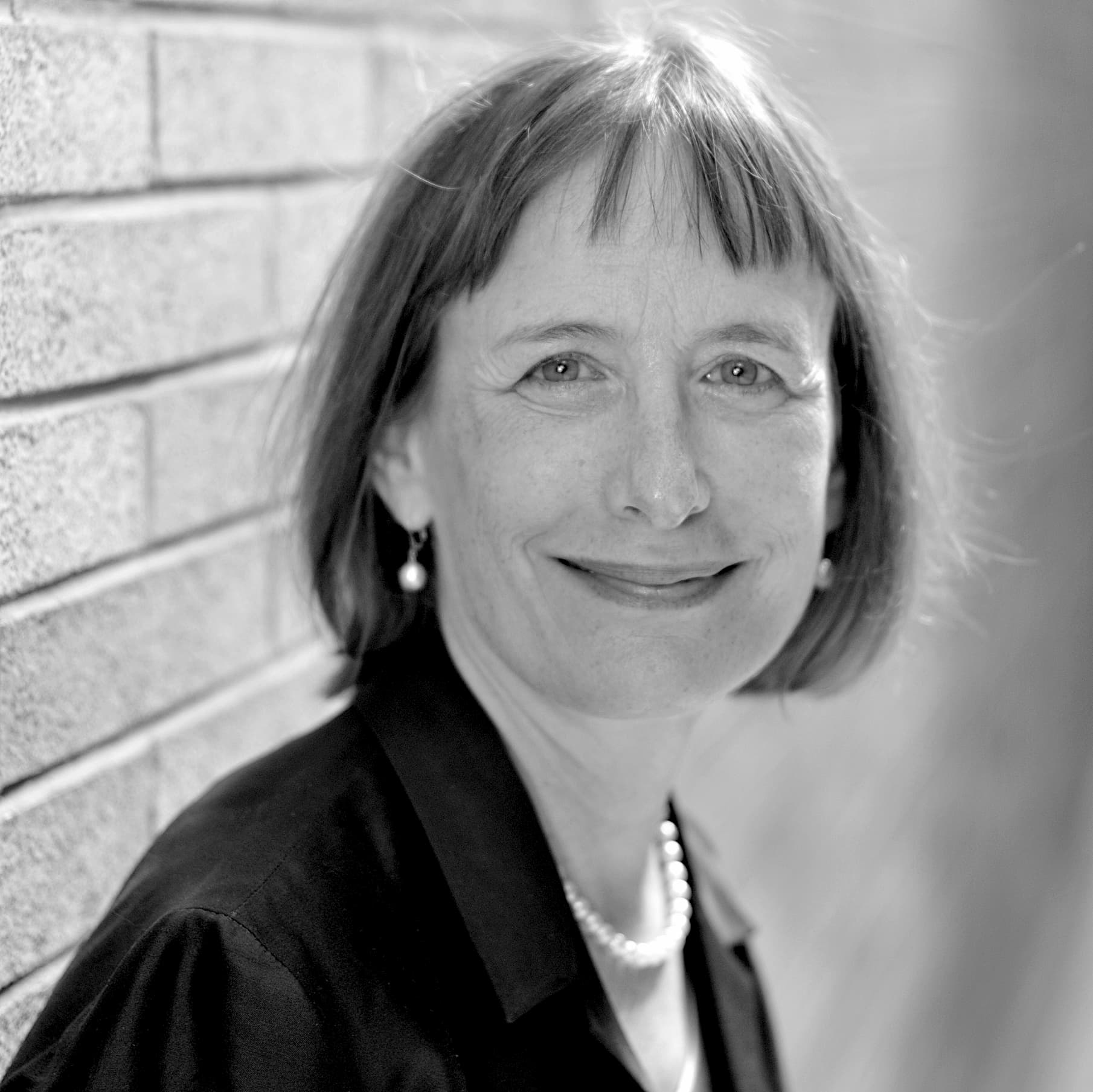WHAT IS CONTEMPLATIVE CARE?
At NYZC, we understand Contemplative Care as an approach to care that nurtures the flow of wholehearted intimacy, connection, and awareness naturally available between individuals.
We define Contemplative Care in its application to healthcare as an approach to care that centers the development of care partnerships—collaborative relationships between the healthcare providers, the individuals cared for, and their family caregivers. Greater intimacy, connection, and awareness is cultivated through the integration of contemplative practice in the care partnership and each of our lives.
Our training in Contemplative Care is grounded in our Zen tradition of socially engaged Buddhism, which draws on the contemplative practice of the practitioner as the primary source of loving action.
We practice zazen, or Zen meditation, as a foundational contemplative practice for Contemplative Care training. Contemplative practices are broad-ranging and unique to individuals and communities—inclusive of meditation, prayer, and deep listening. We welcome all from any or no formal tradition of contemplative practice to study and train with us.
We teach Contemplative Care by emphasizing that we can only be as intimate with another’s experience of suffering as we are intimate with our own suffering. This rigorous training engenders radical compassion from all sides of the care partnership, acting as the healing agent of suffering.
Our Understanding of Contemplative Care is rooted in the Buddhist Teaching of the Four Noble Truths:
- In life, there is suffering.
- There is a cause of suffering, which is grasping.
- There is an end to suffering.
- The Path to end suffering is the Eight-Fold Path.
At NYZC, we practice Contemplative Care by:
- Employing the Four Noble Truths as a foundational spiritual assessment to bring greater awareness to not only how we suffer, but also how we can then alleviate our own suffering.
- Bringing greater awareness to our individual and collective resilience. Contemplative practice helps us to see how we are nourished through three distinct lenses in life: how we participate in community, how we express our own agency, and how we make meaning in life.
- Understanding that while holding distinct roles and responsibilities (i.e. provider vs. person being provided for, or family member who has a terminal illness vs. family caregiver), individuals in care partnerships together explore the nature of suffering as it co-arises moment-by-moment, bringing greater awareness of possible paths to alleviate suffering and finding space for connection.
CONTEMPLATIVE CARE EDUCATION AND TRAININGS
Now in its fourteenth year, the Zen Center has trained more than 7,000 healthcare professionals and volunteer caregivers and provided contemplative care and support to over 150,000 of the most vulnerable among us, their families, and the professional caregivers who support them.
The Zen Center’s contemplative care training has found expression through many forms, including:
- Pioneering evidence-based research with the LTSS Center at UMass Boston measuring the impact of our contemplative approach to care
- Launching the groundbreaking Contemplative Medicine Fellowship, a one-year training for physicians and nurse practitioners
- Training professional and volunteer caregivers through our annual Foundations in Contemplative Care nine-month program
- Developing Contemplative Orientation to Resilience (COR), an evidence-based healthcare intervention that introduces contemplative practice as the foundation for resilience in the workplace
- Establishing the first nationally accredited Clinical Buddhist Chaplaincy program in the country
- Creating a dynamic and clinically oriented Buddhist track of studies within the New York Theological Seminary (NYTS) Master of Pastoral Care and Counseling degree program
Sensei Chodo and Sensei Koshin have provided graduate and post-graduate curriculum and instruction around contemplative care practices for leading integrative physicians and nurse practitioners through their appointments as faculty in two international medical fellowships: the University of Arizona Andrew Weil Center for Integrative Medicine’s Integrative Medicine Fellowship and the Academy of Integrative Health & Medicine’s Interprofessional Fellowship in Integrative Health & Medicine.
Additionally, Koshin is also on the faculty at the University of Houston Medical School, and both teachers conduct trainings in Japan at the National Organization of Palliative and Hospice Physicians, at Sophia University in Tokyo, and at Kyoto University Medical School and have taught at Brown and Harvard Medical Schools and many others.
TESTIMONIALS
